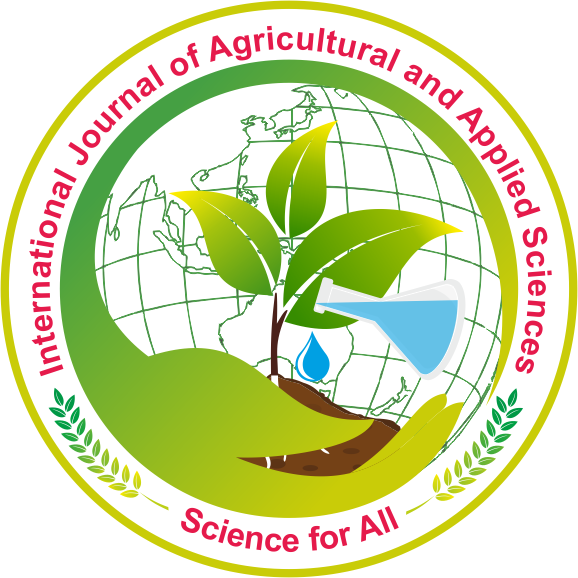Agricultural & Environmental Technology Development Society (AETDS)
International Journal of Agricultural and Applied Sciences (IJAAS)
5thInternational Conference on "Climate Change and Its Impact (CCI 2023)"

International Journal of Agricultural and Applied Sciences, December 2023, 4(2): 58-66
ISSN: 2582-8053
https://doi.org/10.52804/ijaas2023.428

Review Article
The Effects of Climate Change on the Future of Citrus Growth in the Mediterranean Region Change
Department of Soil Science and Plant Nutrition, Çukurova University, 01330, Adana-Turkiye.
*Corresponding author e-mail: iortas@cu.edu.tr, ibrahimortas@gmail.com
(Received: 19/07/2023; Revised: 09/09/2023; Accepted: 10/10/2023; Published: 20/12/2023)
ABSTRACT
Citrus fruit production is one of the largest fruit crop productions in the World, especially in the Mediterranean area. The future of citrus plantations in the sub-tropical region depends on climate change. Eight billion world’s population’s activity and energy demand is getting increased and as a result, more greenhouse gases are fluxing into the atmosphere. All the atmospheric data such as CO2 and other gases concentrations are increasing and weather patterns are continuously changing which results in climate change. Agricultural productivity and climate change parameters are interrelated in many ways. Abiotic stresses such as temperature and water stress are the main environmental factors that reduce yield at a drastic level. Climate-based stress factors cause physiological, biochemical, and anatomical changes in plant growth and structure. Stress factors also lead to a reduction in crop yield. An increase in temperature and water deficiency is expected to result in reduced citrus tree fruit growth and in turn decreased yield. In the present work, the effects of greenhouse gases on climate change and the citrus plantation future are discussed. Since net carbon dioxide assimilation in plant leaves and stomatal conductance is reduced by high leaf temperature, plant growth is depressed. Due to water deficiency, the transpiration rate and stomatal conductance are naturally reduced, and in turn, the yield will be reduced. Knowing the possible effects of climate change on photosynthesis productivity and CO2 assimilation capacity in citrus plants is better. In addition, it is better to know what can be done to keep yield at optimum levels. Also, it is better to know the rhizosphere organism’s role in the mitigation of greenhouse gases to reduce climate change effects on agricultural sustainability.
Keywords: Citrus plant and citrus fruits yield, Global warming, Abiotic stress factors, Climatic adaptation factors.
